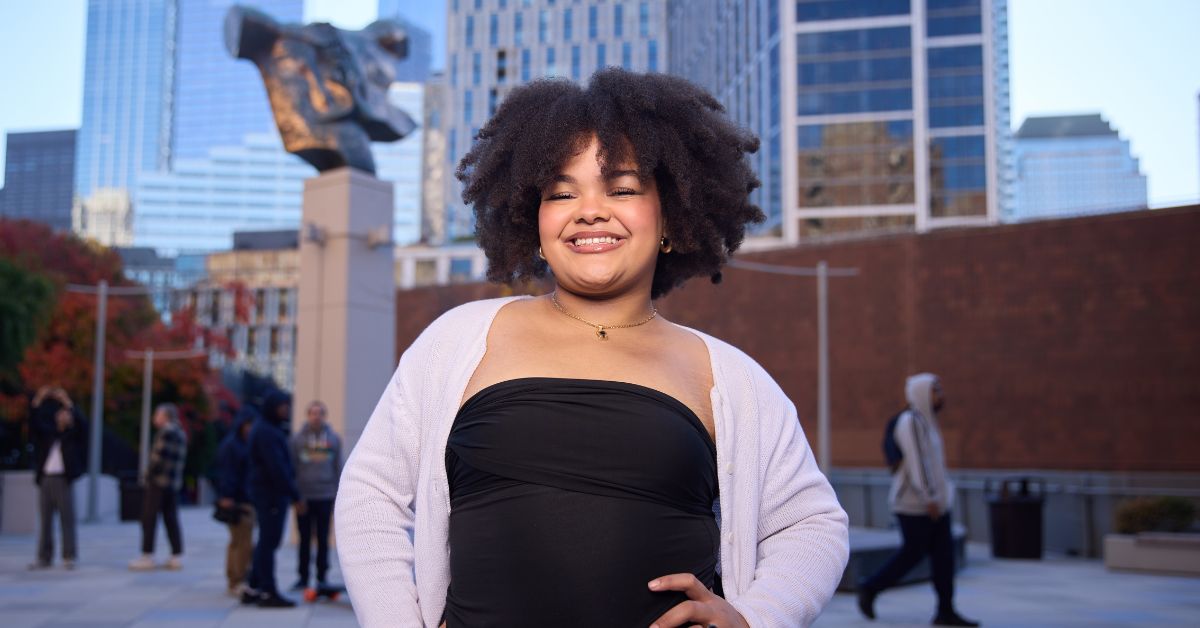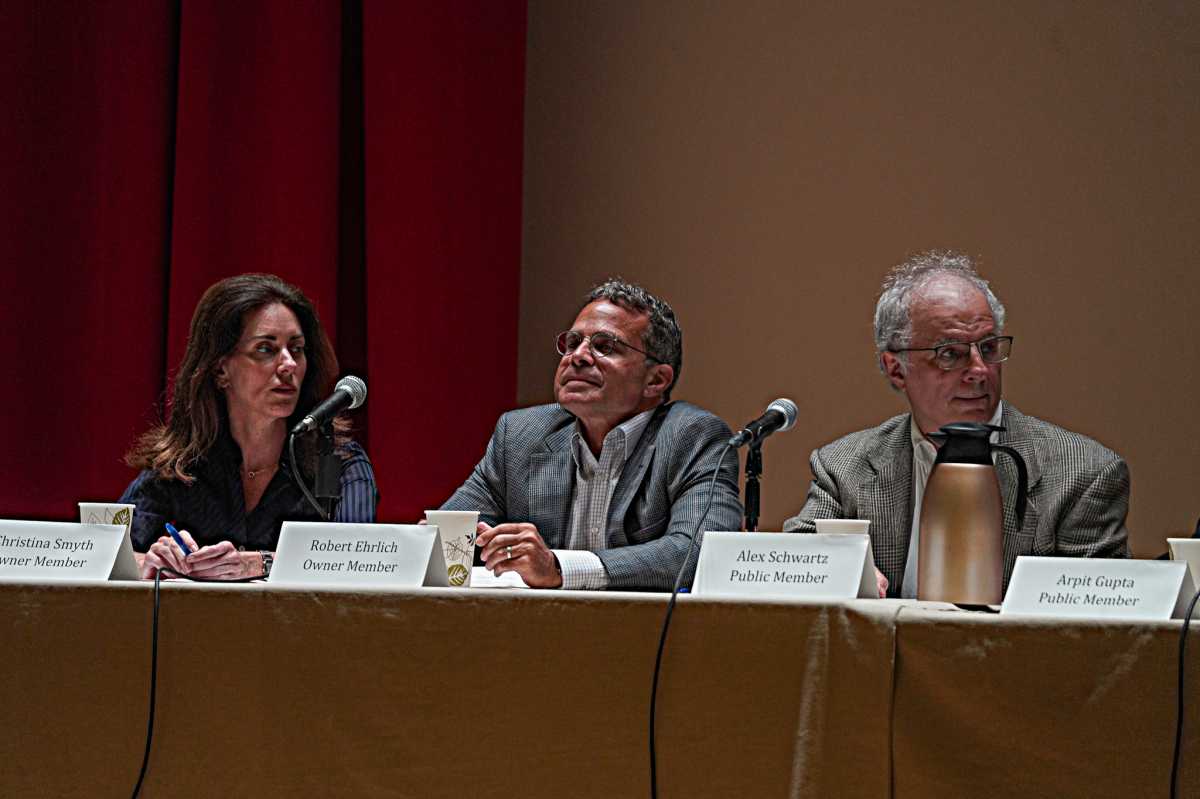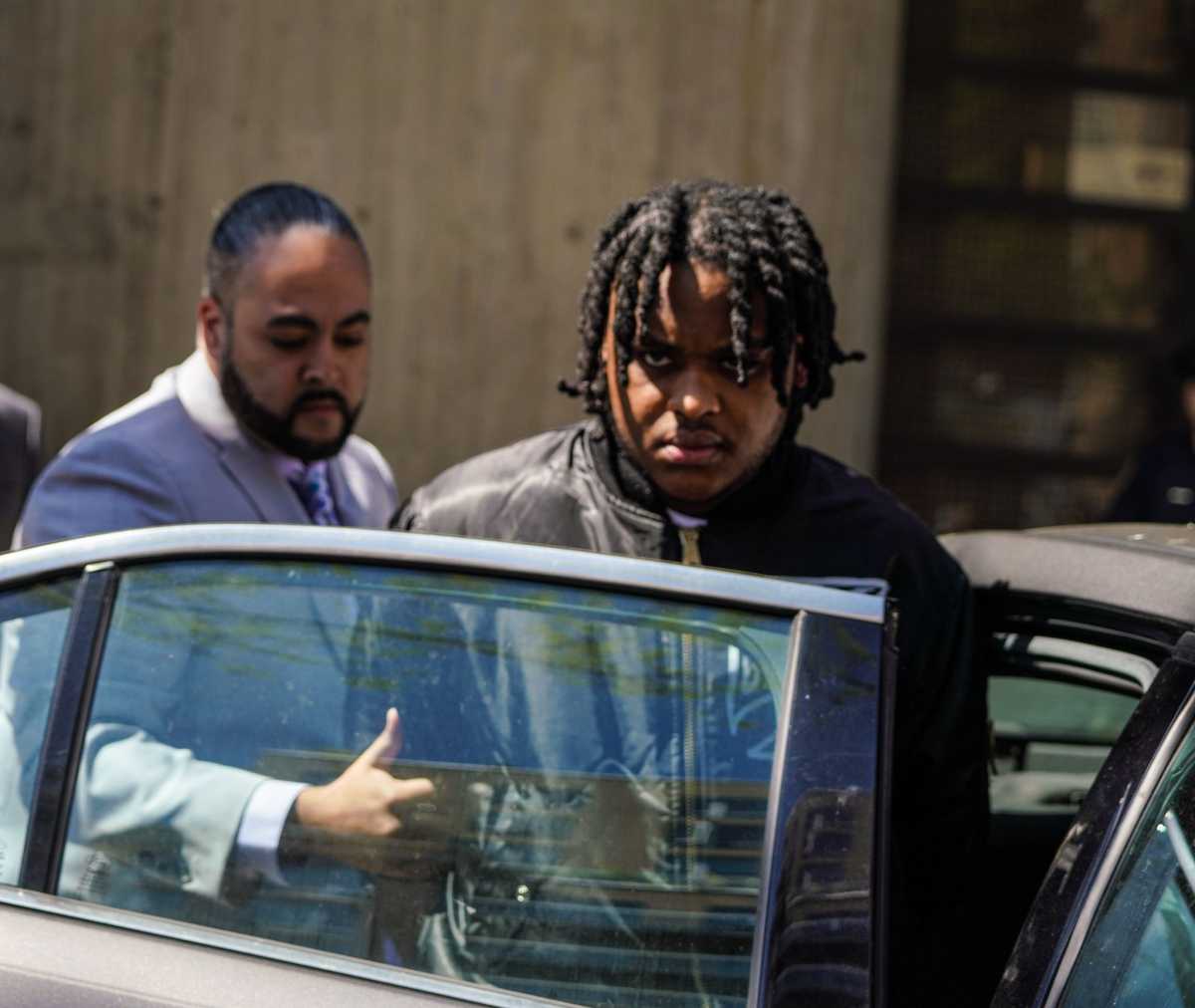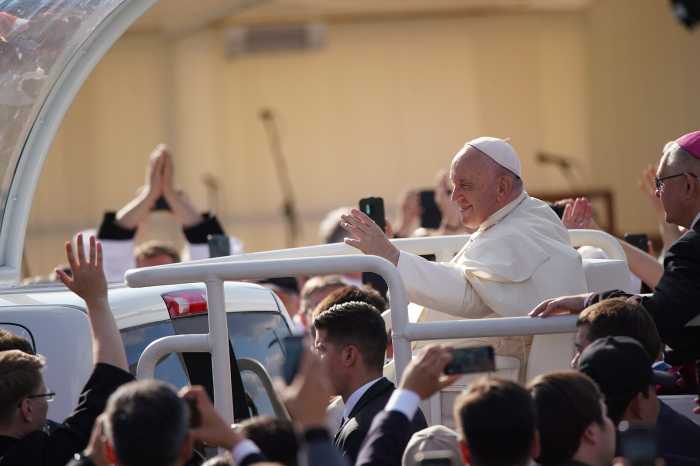“I live in the graveyard,” said Marina Nemat, an Iranian expat who fled her country after her childhood friends were executed in the wake of the 1979 revolution. Among the murdered was her 15-year-old best friend.
“Every night when I go to bed, I see those bones around me,” Nemat said. “With my fingers, I need to dig the soil in every little corner where those bones might be. I need to get them out.”
Nemat has no idea what exactly happened to her friends; only that they’re gone, having disappeared into mass graves during the government’s crackdown on its own people. A former political prisoner in Tehran as a teenager, Nemat is one of several members of New York City’s first Oslo Freedom Forum on human rights.
The Forum, usually held in Norway, was brought to New York just one week after the start of the UN General Assembly, and took place on Tuesday, the kickoff date for the two-week general debate during which leaders discuss international issues.
The decision to hold the Forum in the city on this date was no coincidence, but a statement-making move, according to Thor Halvorssen, CEO of the Human Rights Foundation that holds the event. “At this moment, around 95 authoritarian governments are holding court in the General Assembly,” he said. “Their goal is to legitimize their dictatorial or their authoritarian rule, to whitewash their crimes and to belittle their opponents.”
The Forum is seeking to give voice to its panel of activists from oppressive countries including Saudi Arabia, Russia, Somalia and Eritrea. This year’s event will also host Venezuelan activist and violinist Wuilly Arteaga, who became known for playing his violin at protests against President Nicolas Maduro, even while being smothered with tear gas and beaten. Scores of activists have been killed while speaking out against Maduro, who has been leading a dictatorship as Venezuela plunges into economic decline. “Even though we have lost more than 120 people, the music is still playing,” Arteaga said at a press conference Monday, his remarks being met with applause from the crowded living room of the Norwegian Consul’s residence. Scars could be seen on the 23-year-old’s face from a recent attack.
Without the support of the international community, those facing inhumane regimes are forced to do so alone, Halvorssen explained. He intends to continue to pressure leaders to enact change, no longer just in Oslo, but in New York, too. “Despite the overwhelming amount of proof that authoritarianism is bad for human beings, there is very little global resistance, and so the burden has fallen on individuals,” he said. “If dictatorships are going to be properly challenged, those on the front line, they need resources, technical training, attention, coverage and, of course, solidarity.”




















